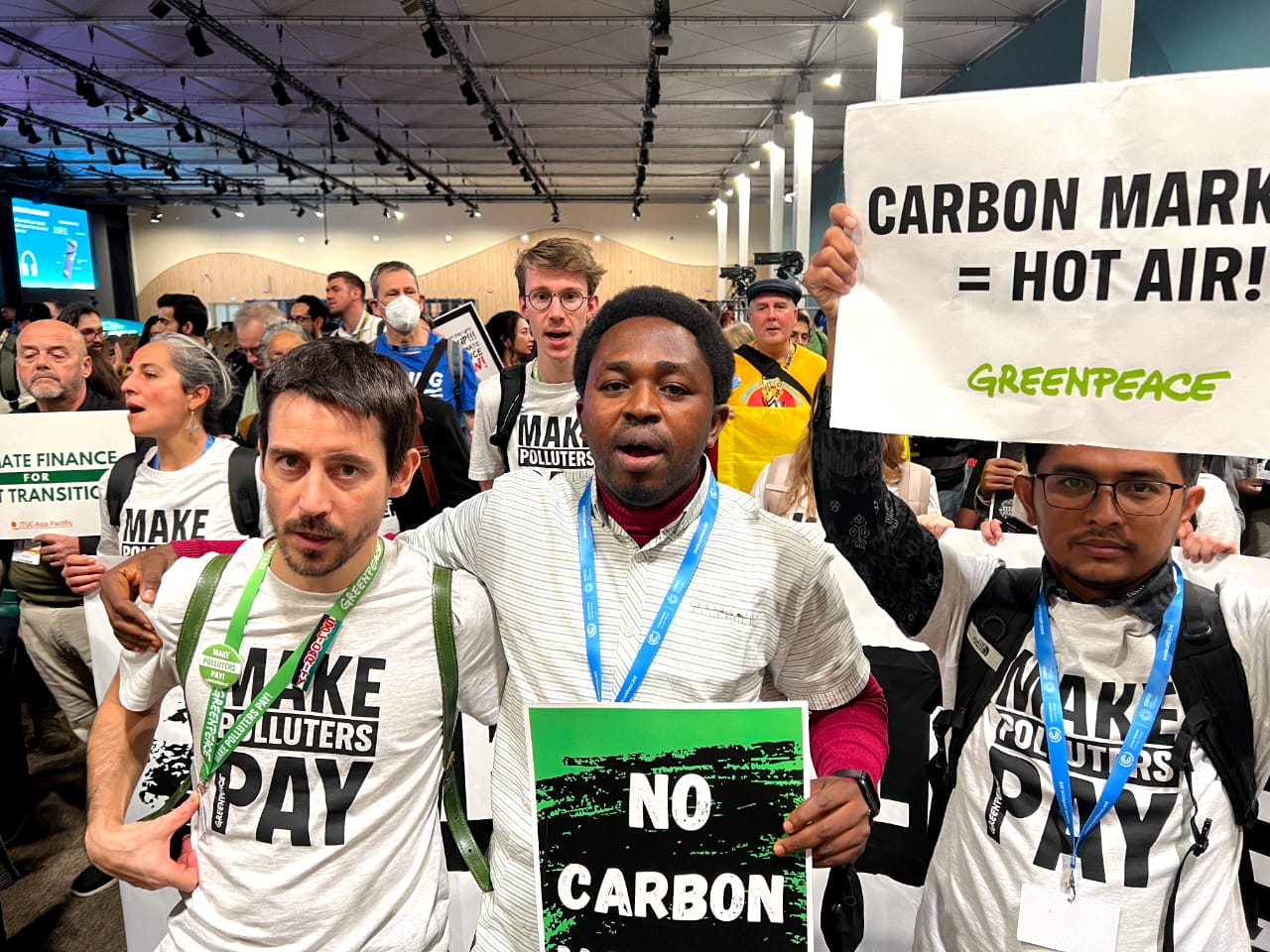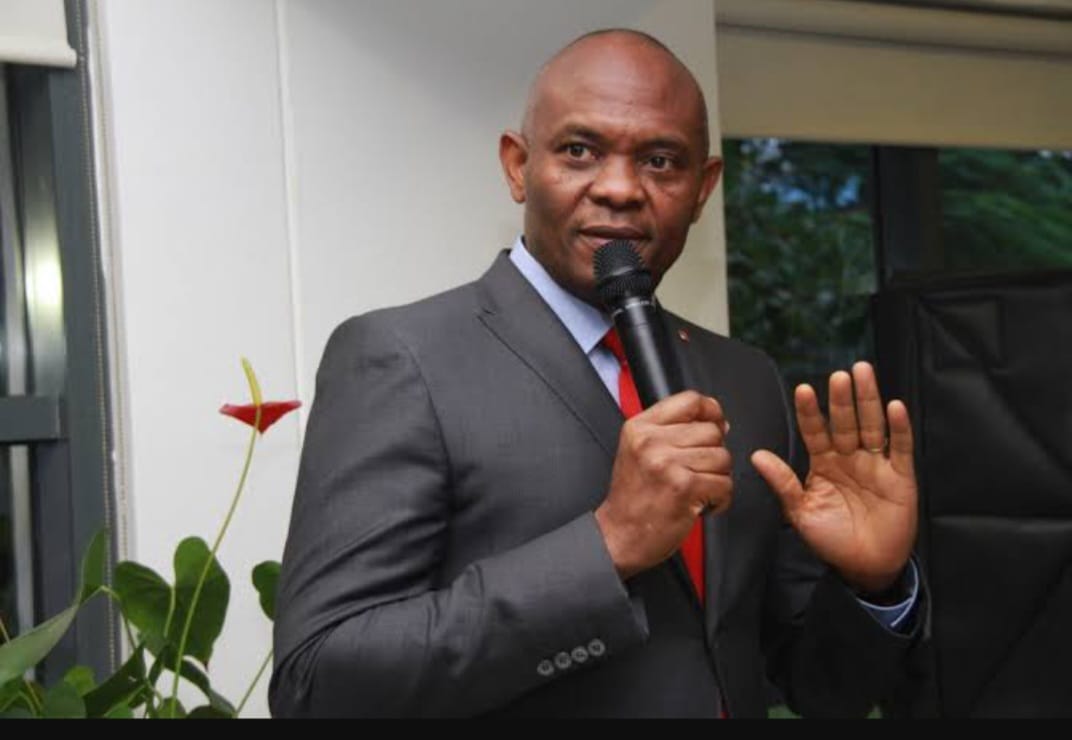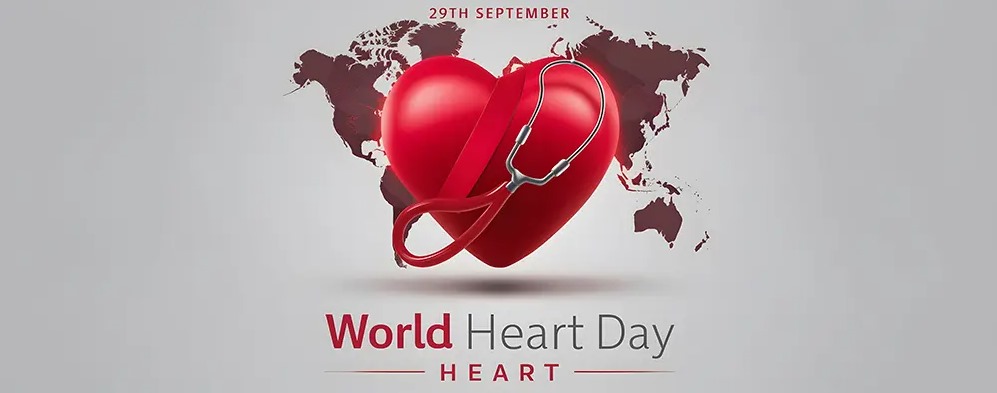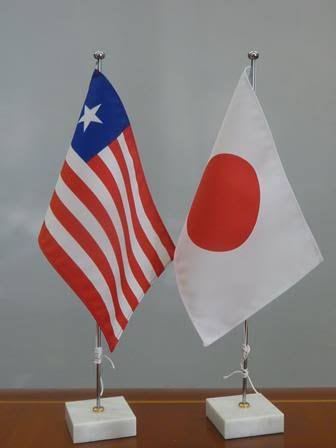The Africa Make Big Polluters Pay (MBPP) partners has expressed deep concern over ongoing discussions surrounding Article 6 of the Paris Agreement, particularly as it relates to carbon markets, at the COP29 United Nations climate talks happening now in Baku, Azerbaijan.
On November 16, 2024, world governments concluded their work on Article 6 and agreed to forward a draft text for consideration, further guidance and adoption at COP29.
However, the Africa MBPP believes the draft text raises significant issues that must be addressed to ensure equitable and effective climate action.
Article 6 of the Paris Agreement, which proposes how countries can collaborate to reach their climate targets, contains provisions – pushed through at the eleventh hour by the United States and the European Union – that risk placing carbon markets and offsets at the centre of the global response to climate change.
According to the partners, carbon markets, or emissions trading schemes, are schemes that allow polluters – mostly from the Global North – to buy up cheap, imaginary “pollution allowances” from other countries and entities – mostly from the Global South, that have least contributed to climate change – that effectively allows the polluters to continue to pollute without consequence, escaping their moral and historical responsibility and worsening the climate crisis.
“It also robs countries and communities in the Global South, including Africa, of the allowances they need to realise their right to grow and develop. In other words, those with humongous carbon footprints steal the ability to develop and survive straight from the hands of the countries and communities that have done the least to cause the climate crisis.” The partners said
Carbon markets cause great harm
The partners say there is also overwhelming evidence that carbon markets do not work, and cause great harm. Attempts to launch the world’s biggest trading schemes failed miserably, in part because markets don’t actually decrease emissions; they just shift them around. The European Union’s emissions trading system (EU-ETS)—often used as the model for most other emissions trading systems—has not only failed to decrease emissions but, at one point, even correlated with an increase in emissions.
The MBPP partners also said that EU-ETS also led to corruption, fraud, speculation and windfall profits for Big Polluters, which reaped the greatest benefits. Yet, it continues to be promoted and replicated as the gold standard.
Article 6 has been a focal point of contention, particularly the attempts to roll out dangerous global pathways for carbon markets under Articles 6.2 and 6.4 negotiations. The Africa MBPP partners declared that they stand firmly against carbon markets, as they believe they can undermine the integrity of climate action and disproportionately impact developing nations.
“We commend the efforts of the SBSTA in facilitating discussions but note that the draft text now being proposed does not reflect a consensus among Parties, thus indicating unresolved divergences that could hinder progress”. The group stated
They urged the CMA and COP to reject any text that did not have proper party consultation as a baseline, and any text that further legitimises these dangerous schemes in light of the abundance of evidence proving their harm.
The partners also call for a transparent process that includes all options in the text, ensuring that the concerns of the African Group and Like-Minded Developing Countries (LMDC) are adequately represented.
“Moreover, the contentious issues surrounding authorisation changes and the operation of internationally transferred mitigation outcomes remain unresolved.” They said
Advocacy for non market approach
The group advocated for non-market approaches that align with sustainable development and biodiversity conservation. “The discussions on Article 6.8 must remain focused on the potential for integrated and holistic approaches that recognise the interconnections between climate change, biodiversity, and the rights of nature. We support the recognition of “Mother Earth Centric Actions” and urge Parties to consider these perspectives in the ongoing negotiations.”
The Africa MBPP partners declared that they remain committed to advocating for climate justice and equitable solutions that empower vulnerable communities while ensuring that our planet’s ecosystems are protected. They called on all Parties to engage in constructive dialogue that leads to meaningful outcomes at COP 29.
The Africa Make Big Polluters Pay Coalition, comprising 27 members from across the continent, is committed to holding polluting corporations accountable for their significant contributions to the climate crisis. Through their innovative MBPP Storytelling Platform, they illuminate the detrimental effects of transnational corporations’ extractive practices, challenge misleading and false narratives, and advocate for sustainable alternatives. The mission of the group, is to humanise the climate crisis and inspire collective action. They also firmly believe that industries such as agribusiness and fossil fuels must face financial and criminal accountability for the environmental damage they cause.




